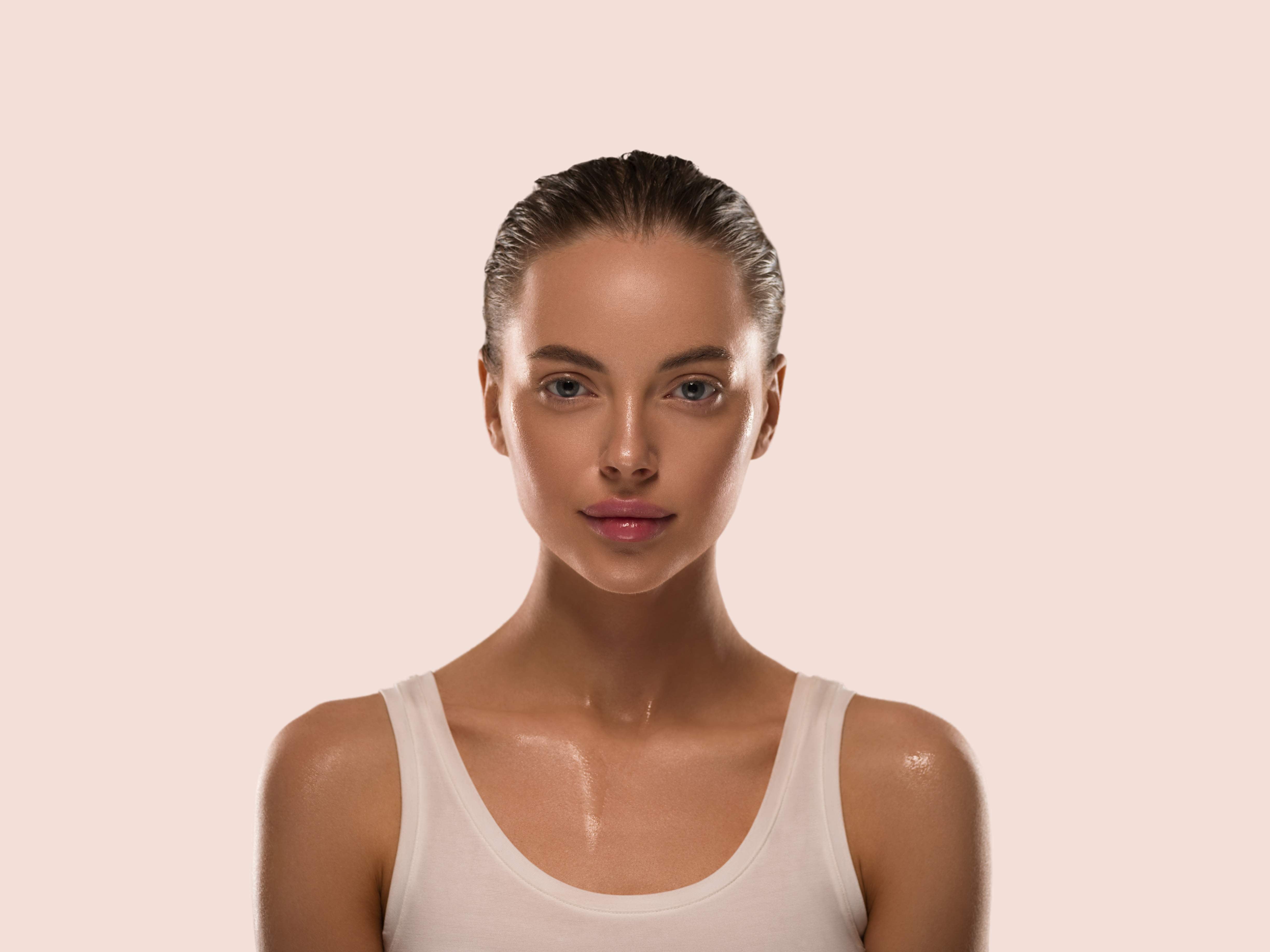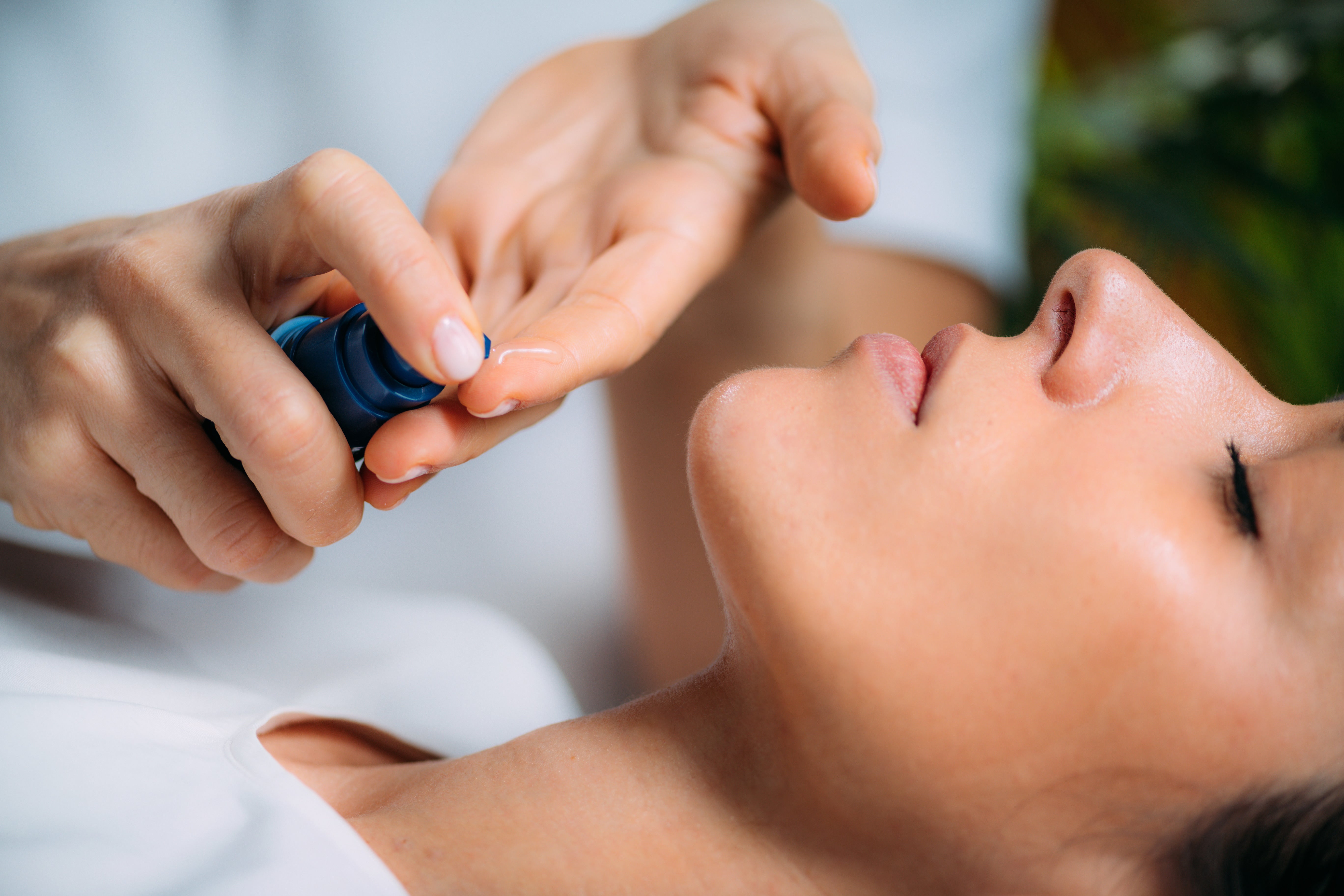Introducing our comprehensive guide to retinol, the ultimate skincare ingredient for smooth and radiant skin. Whether you're a skincare enthusiast or a beauty novice, this article will provide you with everything you need to know about the power of retinol in your daily routine.
Retinol, a derivative of vitamin A, has long been hailed as a game-changer in the world of skincare. It's beloved for its ability to minimize the appearance of fine lines and wrinkles, fade dark spots, and even out skin tone. But what sets retinol apart from other ingredients? How exactly does it work? And most importantly, how can you incorporate it into your skincare routine for optimal results?
In this guide, we'll dive deep into the science behind retinol, shedding light on its benefits, potential side effects, and the best practices for usage. We'll also share expert tips on finding the right retinol product for your specific skin concerns and provide a step-by-step guide on how to introduce retinol into your beauty regimen. Get ready to unlock the transformative power of retinol and achieve the smooth, radiant complexion you've always dreamed of.
The benefits of using Retinol in skincare
Retinol stands out as one of the most powerful ingredients in skincare, renowned for its myriad benefits that cater to a variety of skin concerns. One of its primary advantages is its ability to promote cell turnover. By accelerating the shedding of old skin cells and encouraging the growth of new ones, retinol helps to reveal a fresher, more youthful complexion. This process not only enhances skin texture but also diminishes the appearance of fine lines and wrinkles, making it a go-to for those seeking a more youthful look. The result is smoother skin that reflects light better, creating a natural radiance.
Additionally, retinol plays a crucial role in combating issues like hyperpigmentation and uneven skin tone. It works by inhibiting melanin production, which helps to fade dark spots caused by sun damage, acne scars, or aging. By evening out the skin tone, retinol can significantly improve the overall appearance of the face, making it a valuable addition to anyone's skincare arsenal. Regular use can lead to a more uniform complexion, which is particularly appealing for individuals who struggle with discoloration or dullness.
Furthermore, retinol is celebrated for its acne-fighting properties. It helps to unclog pores by preventing the build up of dead skin cells, which is a leading cause of acne breakouts. By keeping pores clear and reducing inflammation, retinol can not only help those currently dealing with acne but also prevent future breakouts. Over time, users often notice a significant reduction in both the frequency and severity of blemishes, making retinol an essential ingredient for those with oily or acne-prone skin. (See here for our retinols)
How to choose the right Retinol product for your skin type
Choosing the right retinol product begins with understanding your skin type and specific concerns. For individuals with sensitive or dry skin, starting with a lower concentration of retinol is advisable. Products labelled as “gentle” or “sensitive skin” are often formulated with soothing ingredients that can help mitigate irritation. Look for formulations that include hydrating elements such as hyaluronic acid or ceramides, which can provide moisture and strengthen the skin barrier while allowing you to benefit from retinol's transformative qualities.
If you have oily or acne-prone skin, you might consider a product with a higher concentration of retinol. Gel-based formulations are often preferred in this case, as they can provide a lightweight feel while effectively controlling oil and preventing breakouts. Additionally, those with acne scars or hyperpigmentation should seek out products that specifically target these issues, often containing a blend of retinol and other brightening ingredients, such as vitamin C or niacinamide.
For mature skin types or those looking to address signs of aging, a richer cream or serum with a higher retinol concentration may be beneficial. These formulations often include additional anti-aging ingredients, such as peptides or antioxidants, which can work synergistically with retinol to enhance skin elasticity and firmness. It's essential to assess your skin's tolerance and start with a product that feels comfortable, gradually increasing concentration as your skin adapts.
How to incorporate Retinol into your skincare routine
Incorporating retinol into your skincare routine requires a thoughtful approach to ensure both efficacy and comfort. It’s advisable to start slowly, applying retinol just two to three times a week, especially if you are new to this active ingredient. This gradual introduction allows your skin to acclimate to the formulation without overwhelming it. As your skin adjusts, you can gradually increase the frequency of application, eventually working up to nightly use if your skin tolerates it well.
Timing is also crucial when using retinol. It’s best to apply retinol products in the evening, as they can increase skin sensitivity to sunlight. Cleanse your face thoroughly and pat it dry before applying a pea-sized amount of retinol to your face. Follow up with a moisturizer to help lock in hydration and minimize any potential dryness or irritation. This layering technique can enhance the effectiveness of retinol while ensuring that your skin remains well-hydrated.
Additionally, sun protection is paramount when using retinol. Since retinol can make your skin more susceptible to UV damage, applying a broad-spectrum sunscreen with at least SPF 30 (see here for SPFs) during the day is essential. This not only protects your skin but also allows you to enjoy the benefits of retinol without compromising your skin's health. By following these steps, you can seamlessly integrate retinol into your skincare regimen and unlock its full potential for smoother, more radiant skin.
Tips for using Retinol effectively and safely
To maximize the benefits of retinol while minimizing potential side effects, it's important to adhere to a few key tips. Firstly, always perform a patch test before introducing a new retinol product to your routine. This involves applying a small amount of the product to a discreet area of your skin and waiting 24 hours to see if any adverse reactions occur. This simple step can help you gauge your skin's sensitivity to retinol and prevent widespread irritation.
Another effective strategy is to layer your products wisely. Using a hydrating serum or moisturizer prior to applying retinol can create a barrier that reduces the risk of dryness and irritation. This method is known as the "sandwich technique," where you apply a moisturizer, followed by retinol, and then finish with another layer of moisturizer on top. This not only enhances hydration but also allows your skin to reap the benefits of retinol without discomfort.
It's also crucial to stay consistent with your use of retinol. Results may take time to become visible, so patience is key. Consistency in application—combined with proper sun protection during the day—will yield the best results over time. If you experience excessive irritation, consider reducing the frequency of application or switching to a lower concentration. Listening to your skin and adjusting your routine accordingly is essential for achieving a healthy, radiant complexion.
Common myths and misconceptions about Retinol debunked
Despite its popularity, retinol is often surrounded by a cloud of myths and misconceptions that can deter potential users. One common myth is that retinol is only for aging skin. While it's true that retinol is an effective anti-aging ingredient, it's also beneficial for various skin types and concerns, including acne, uneven skin tone, and texture issues. Individuals in their 20s can start incorporating retinol into their routine to prevent early signs of aging and maintain a youthful glow.
Another misconception is that retinol causes irreversible skin damage. While it's true that some users may experience initial irritation, this does not equate to permanent harm. In fact, when used correctly and in appropriate concentrations, retinol can improve skin health and appearance over time. Educating oneself on the proper use and benefits of retinol can help dispel these fears and encourage a more informed approach to skincare.
Lastly, many believe that using retinol means you must forgo sun exposure completely. While retinol does increase sensitivity to UV rays, it does not mean you should avoid the sun altogether. Instead, it emphasizes the importance of diligent sun protection. Wearing sunscreen daily is vital in any skincare routine, but especially so when using retinol. By debunking these myths, you can better understand the true power of retinol and how to use it effectively.
Potential side effects of using Retinol and how to minimize them
While retinol offers numerous benefits, it can also lead to some side effects, particularly during the initial phase of use. The most common reactions include dryness, redness, flaking, and peeling. These effects occur as your skin adjusts to the increased cell turnover that retinol promotes. To minimize these side effects, it's important to start with a lower concentration and gradually increase frequency as your skin builds tolerance. Avoiding other potent active ingredients, such as acids or exfoliants, during this adjustment period can also help reduce irritation.
In addition to adjusting the concentration and frequency of use, incorporating hydrating products into your routine is essential. Using a gentle, hydrating cleanser followed by a rich moisturizer can help combat dryness and irritation. Consider adding a hydrating serum containing hyaluronic acid or glycerine, which can attract moisture to the skin, providing an extra layer of hydration. These steps can significantly improve comfort levels while using retinol and lead to a more pleasant experience.
Another way to mitigate potential side effects is through proper timing. Applying retinol at night and ensuring your skin is completely dry before application can minimize irritation. Additionally, if you experience persistent side effects, consider alternating nights with retinol and using it only a few times a week until your skin adjusts. Listening to your body and being mindful of how your skin reacts will guide you in finding the right balance for your skincare routine.
Conclusion: Embrace the power of Retinol for healthy and youthful skin
In conclusion, retinol is undoubtedly a powerhouse ingredient that can transform your skincare routine and elevate your complexion. Its remarkable ability to promote cell turnover, diminish fine lines, and combat acne makes it a must-have for anyone looking to achieve smooth, radiant skin. By understanding the variety of retinol products available and how to choose the right one for your skin type, you can harness the full potential of this ingredient.
As you embark on your retinol journey, remember to take it slow and be patient with your skin. Incorporating retinol into your routine requires consistency and care, but the results are well worth the effort. By following expert tips for effective and safe use, you can enjoy the benefits of retinol without the worry of excessive irritation or side effects.
Ultimately, the key to beautiful, youthful skin lies in embracing the power of retinol. With the right product and approach, you can achieve the smooth, radiant complexion you've always dreamed of. So, take the plunge and unlock the transformative benefits of retinol, paving the way for healthier, more vibrant skin in the process. Our personal favs are: Alumier Retinol Resurfacing Serum 0.25 for beginners, Image Skincare Ageless Total Overnight Retinol Masque alternated with VITAL C hydrating overnight mask for correction and hydration, and Environ Tri-Retinoid Complex Retinol Serum Forte.
Read more

Welcome to the ultimate skincare guide, where we unlock the secrets to achieving flawless skin. Whether you're dealing with acne, dryness, or aging concerns, we've got you covered. Our comprehensiv...

In recent years, red light therapy has gained tremendous popularity in the skincare industry for its transformative effects on skin health. Whether you're seeking to reduce fine lines, combat acne,...


